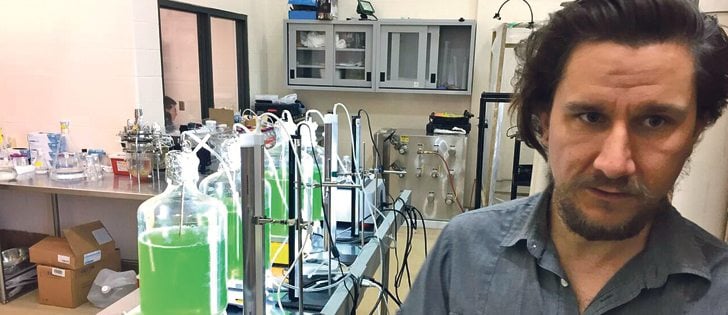Campbell’s soup is making a lot of sales this year: today it projected that its 2009 earnings will rise by five to seven percent, which is above its long term growth plans from three to four percent growth, after rising by three percent in the most recent financial quarter.
That has both good and bad implications for farm-produced commodities. On the one hand it shows that people are still eating food even though the economy’s taken a beating – even if they’re going downmarket to do it. Campbell’s sales increase expectations are a 180 degree turn from sales expectations for most of the rest of the world’s companies, which expect the worldwide cash crunch and belt-tightening to rein in consumer spending and cause sales to stagnate or decline.
Read Also

Farmer ownership cannot be seen as a guarantee for success
It’s a powerful movement when people band together to form co-ops and credit unions, but member ownership is no guarantee of success.
Even in a depression people keep eating, so the food farmers produce will find some demand out there, while manufacturers of big screen TVs and Hummers might find little to none.
But the success of Campbell’s and companies like Wal Mart still brings with it all the dire signs that come with recessions. People may want to keep eating, but as wallets grow tighter they might not be able to eat as much, or not be able to eat as much meat, and will probably waste much less of the food they buy. The whole Supersize Me culture may be ending. Instead of taking the family out to McDonald’s, mom and dad might pick up a couple of cans of cream of mushroom soup instead.
If you’re a potato farmer like those in southern Manitoba, most of your sales come from the Large Fries sold in the biggest U.S. burger chains. If the chains push those less, or people begin ordering regular fries instead, farmers could see their contracts cancelled. If people stop eating so many burgers, cattle feeding will be reduced and the demand and price for corn and barley will probably drop.
It’s comforting to see evidence that elements of the world food industry can do OK in the midst of financial crises like today’s. But it doesn’t mean farmers should assume they’re impervious to the situation. Sure, people need to eat. But they don’t need to eat as much.















